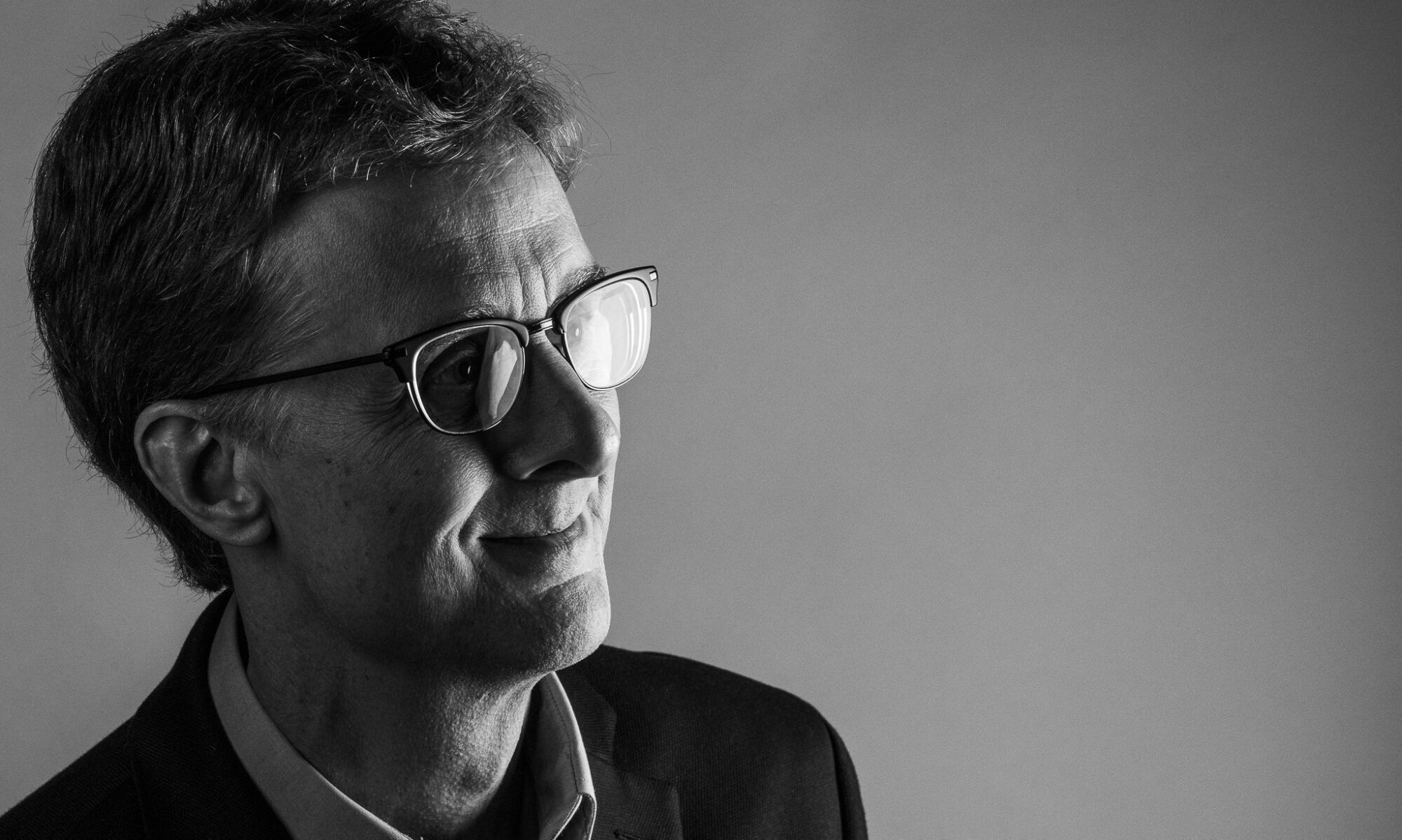Succession Planning is an integral part of leadership. It’s important to grow and develop your replacement, if only to keep you from getting stuck in a role – and miss out on a deserved promotion – because you’re too valuable to replace. (This happened to a client of mine, who was passed over twice before he asked why and learned a lesson.)
Last week at least one – and perhaps two – future Hall of Fame quarterbacks retired from the NFL. The Steelers benefitted from 18 seasons of Big Ben and have two more Super Bowl trophies on the shelf. The Bucs may have had TB12 for two seasons… yet rode his exceptional win-or-go-home attitude to a Championship in year one. Neither team has a replacement on deck, so it’s time to trade, sign a free agent or hope for a Draft hit.
Those strategies sometimes work quickly. The Rams will play in the Super Bowl in two weeks after trading their starting quarterback, two first round picks, and a third, to unleash Matthew Stafford from the dismal Lions. The Bengals went from worst to first in two seasons by landing the number one pick the year Joe Burrow just happened to reveal a generational talent.
The Patriots let Brady leave… and drafted Matt Jones – after four other quarterbacks were selected last spring. All he did was make the Pro Bowl as a rookie.
Other times it leads to a never-ending rotation of the wrong answer. (See: Jets, Giants, Broncos, Panthers, Jaguars, Vikings, Eagles, Dolphins, WFT, Texans)
The business lesson here is as simple as ABC: Always Be ‘Cruiting.
If you haven’t identified successors for your most important leaders, start thinking who on your team – or in your organization – are potential candidates. If those folks aren’t onboard, the next time you’re interviewing for an opening, ask questions that might reveal if the person in front of you has the potential to grow into a leader you need.

